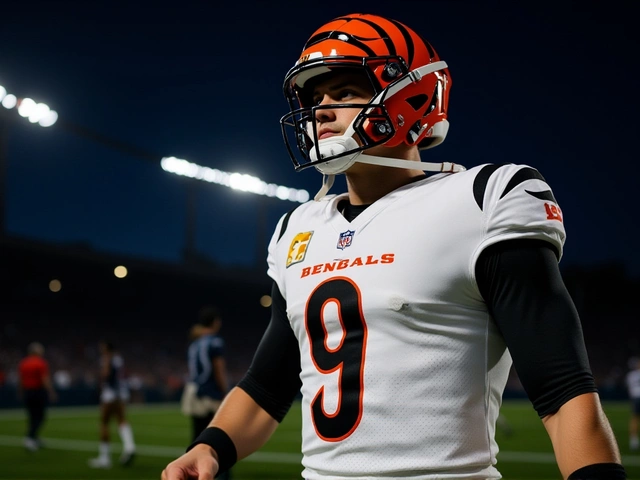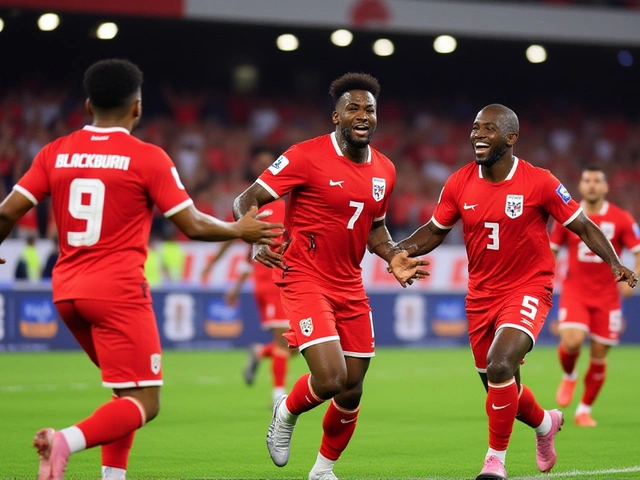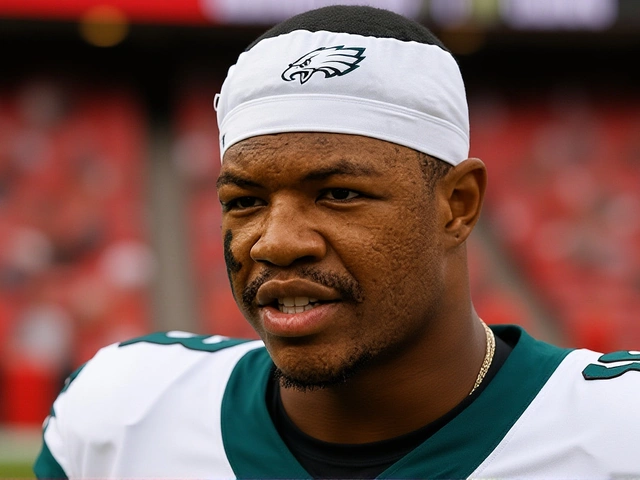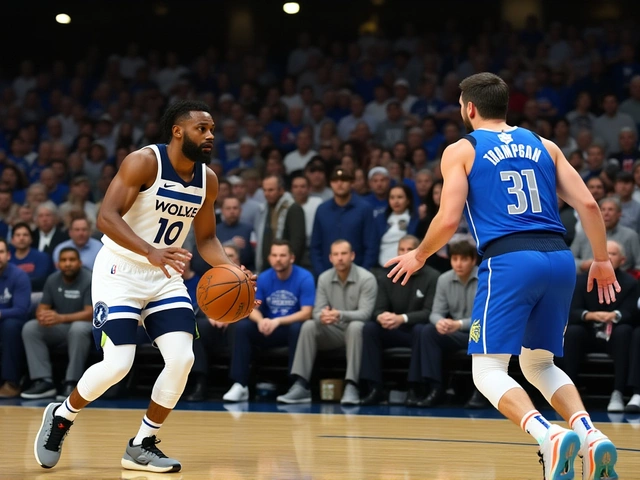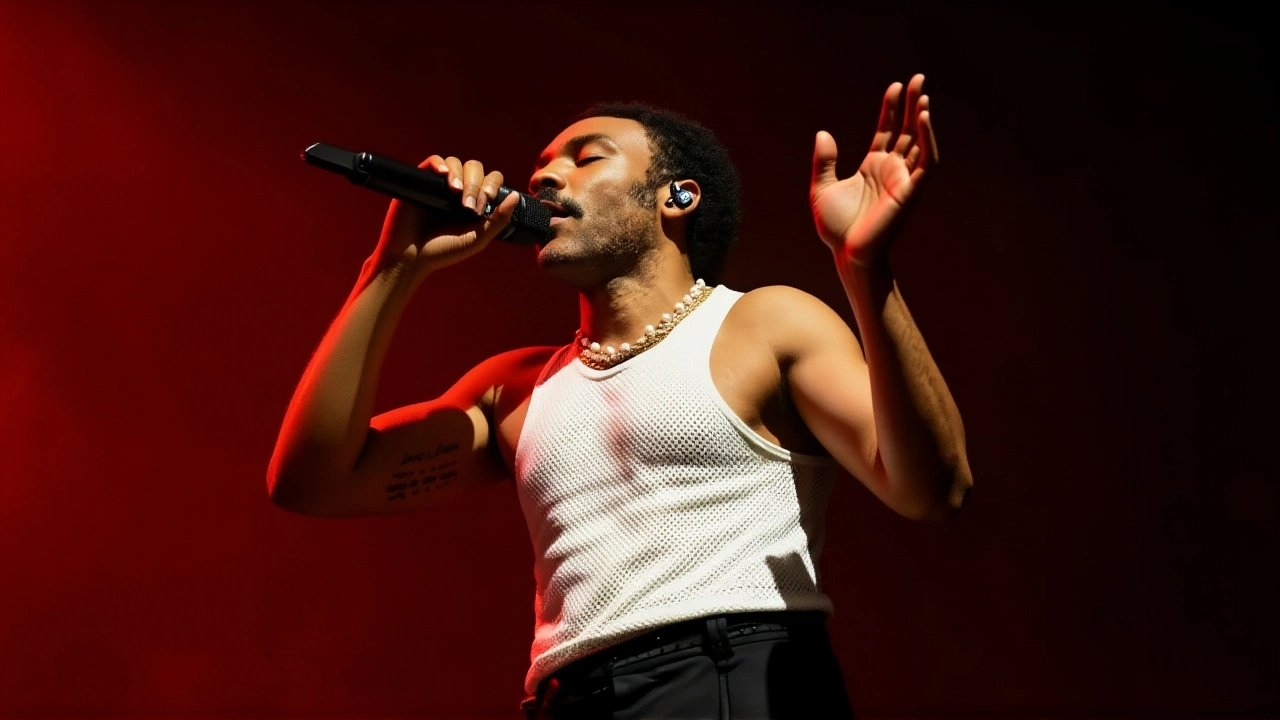
When Donald Glover took the stage at Tyler the Creator’s Camp Foggnaw CarnivalLos Angeles on November 22, 2025, the crowd expected music. What they got was a raw, unfiltered confession that stopped the room dead: he’d suffered a stroke — and barely told anyone.
The Night the Music Stopped
Glover, 42, known to millions as Childish Gambino, described how, during a 2024 performance in Louisiana, he felt a searing pain in his head. "I did the show anyway," he told the audience. "I couldn’t really see well." He pushed through, as artists do — until the next stop in Houston, where a hospital scan confirmed it: a stroke. "The first thing I thought was, ‘I’m letting everybody down,’" he said, voice cracking. That moment, more than any lyric or stage trick, became the defining one of his career.His 2024 The New World Tour had already been postponed, then quietly canceled. In a now-deleted X post, Glover had simply cited "physical health" as the reason. No one knew the full story — until now.
One Stroke, Two Surgeries
What followed the stroke was worse than anyone imagined. Shortly after, Glover broke his foot — a fall, he says, from dizziness. But during treatment for the fracture, doctors discovered something far more dangerous: a hole in his heart. "So I had this surgery," he explained, "and then I had to have another surgery."It’s not uncommon for strokes to trigger secondary complications — especially when underlying conditions like patent foramen ovale (a congenital heart defect) go undetected. But for a 41-year-old man with no known history of heart disease, it’s alarming. "They say everybody has two lives," Glover said. "And the second life starts when you realize you have one."
His words echoed far beyond the festival grounds. In recent years, strokes among people under 50 have risen by nearly 25% in the U.S., according to the American Heart Association. Actor Jamie Foxx suffered a similar stroke in early 2025, also beginning with a "bad headache." Both cases underscore a quiet crisis: younger adults are increasingly vulnerable, often ignoring early warning signs.

Why Younger People Are at Risk
Medical experts point to lifestyle factors — chronic stress, poor sleep, high-sodium diets, and sedentary routines — as key drivers. "We’re seeing strokes in people in their 30s and 40s who think they’re invincible," says Dr. Elena Ruiz, a neurologist at Cedars-Sinai Medical Center. "They dismiss headaches as migraines, dizziness as fatigue. But the brain doesn’t wait."The FAST acronym — Face drooping, Arm weakness, Speech difficulty, Time to call 911 — remains the most critical tool for survival. Yet studies show nearly 60% of stroke victims under 50 delay seeking help, often waiting hours or even days.
Glover’s case is a textbook example of delayed diagnosis. He performed through blurred vision and pain. He didn’t stop because he didn’t know what was happening. "I thought it was just exhaustion," he admitted.
The Ripple Effect
The cancellation of 2024 The New World Tour cost promoters over $2.3 million in ticket sales and logistics. But the real cost? The silence. For months, fans speculated about his disappearance — rumors of burnout, addiction, even retirement. The truth was far more terrifying: a silent killer in his brain, a hidden defect in his heart.Now, Glover’s openness is changing the conversation. On social media, thousands shared their own stroke stories — young mothers, college athletes, musicians. One fan wrote: "I ignored my headache for three days. After hearing Donald, I went to the ER. Turns out I had a TIA. He saved my life."
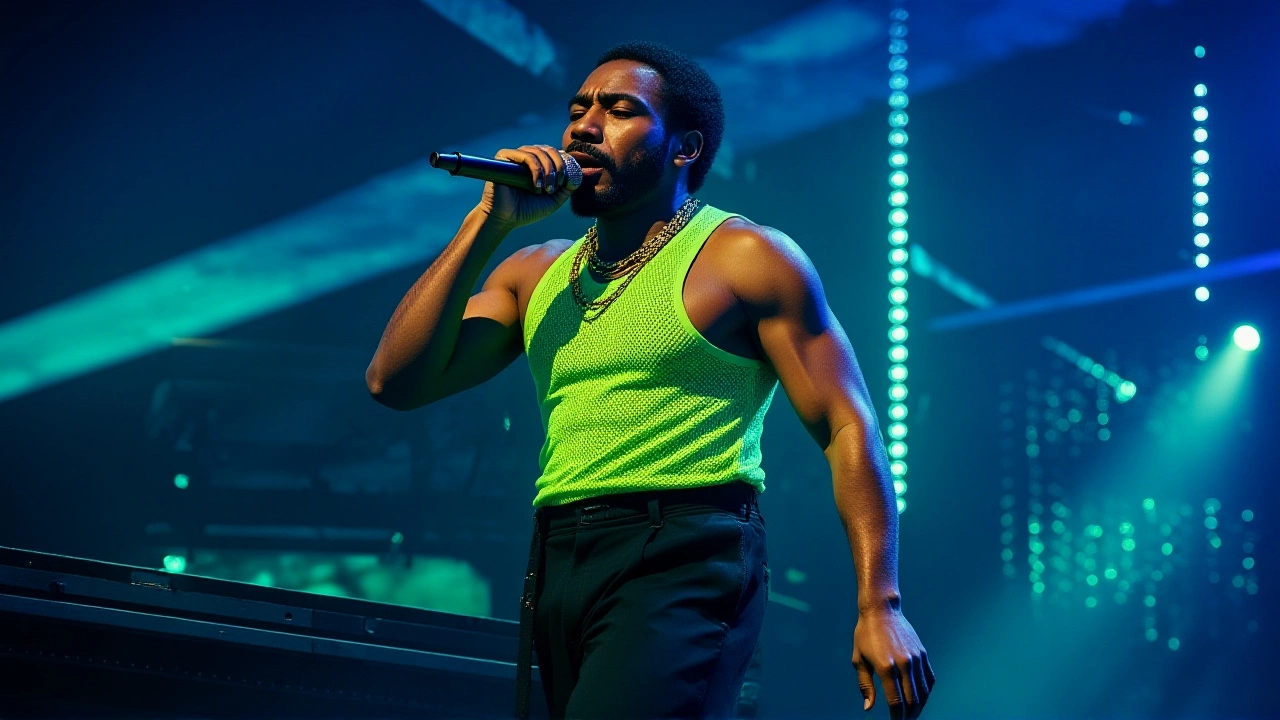
What’s Next?
Glover has not announced a return to touring. He’s focused on recovery, physical therapy, and cardiac rehab. His team has confirmed he’s working on new music — quietly, without pressure. "I’m not in a hurry," he told the crowd in Los Angeles. "I’m just glad I’m here."For now, the stage is dark. But his voice — honest, trembling, real — is louder than ever.
Frequently Asked Questions
How common are strokes in people under 50?
Strokes in adults under 50 have risen by nearly 25% over the past decade, according to the American Heart Association. While still less common than in older populations, the trend is accelerating due to rising obesity, diabetes, and stress-related hypertension — conditions once considered "older adult" issues. Younger patients often delay care, mistaking symptoms for migraines or exhaustion.
What is a hole in the heart, and how does it cause a stroke?
A hole in the heart, often called a patent foramen ovale (PFO), is a small opening between the heart’s upper chambers that usually closes after birth. In about 25% of adults, it remains open. When present, it can allow blood clots to bypass the lungs’ filtering system and travel directly to the brain, triggering a stroke — especially under physical stress or dehydration, common during touring.
Why did Donald Glover wait so long to speak out?
Like many public figures, Glover likely feared stigma, professional consequences, or being seen as weak. The entertainment industry often pressures artists to perform through pain. He only revealed the truth after months of recovery and surgery, when he felt physically and emotionally ready — and realized his story could help others avoid his mistake.
What symptoms did Donald Glover experience before the stroke diagnosis?
He reported severe head pain during a Louisiana performance, followed by blurred vision and dizziness — classic stroke indicators. He continued performing, attributing it to fatigue. Later, in Houston, doctors confirmed a stroke via imaging. The delayed diagnosis is typical: 40% of stroke patients under 50 report symptoms for days before getting tested.
Is this the first time a celebrity has had a stroke young?
No. Actor Jamie Foxx suffered a stroke in January 2025 at age 57, also after ignoring a headache. Other cases include singer Beck (age 46) and NFL player Chris Boswell (age 38). But Glover’s public, emotional disclosure is rare — and potentially life-saving for fans who might now recognize their own symptoms.
What should fans do if they experience similar symptoms?
Don’t wait. If you have sudden head pain, vision changes, slurred speech, or weakness on one side — even if it fades — call 911 immediately. Stroke damage is often reversible if treated within 3–4.5 hours. The FAST acronym is your best tool. And if you’re a performer or athlete pushing through pain, remember: your body isn’t a machine. It’s a temple — and it’s asking for help.

